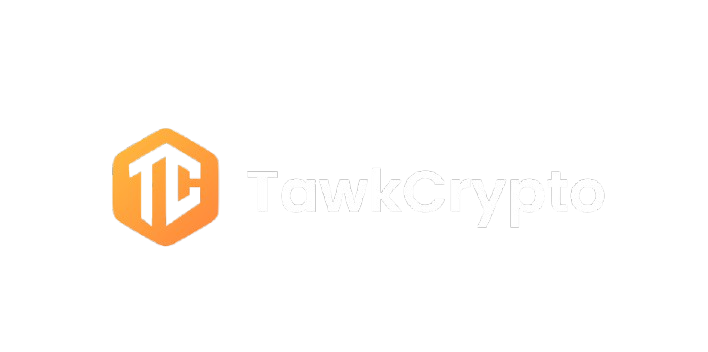In a landmark ruling, the Federal High Court has dismissed a request by eNaira Payment Solutions Limited to restrain the Central Bank of Nigeria (CBN) from using the “eNaira” trademark for its official digital currency project. The decision is seen as a significant victory for the CBN in its efforts to solidify the eNaira as Nigeria’s sovereign Central Bank Digital Currency (CBDC).
🏛️ Court Rejects Interim Injunction Against CBN
The dispute originated in September 2021 when eNaira Payment Solutions Limited, a relatively obscure local firm, filed a lawsuit against the CBN. The company sought an interim injunction to:
- Prevent the CBN from using the “eNaira” trademark both in Nigeria and abroad.
- Stop the Central Bank from asserting rights to the trademark at the United States Patent and Trademark Office (USPTO) or other foreign jurisdictions.
- Compel the CBN to notify international authorities that the trademark was under legal dispute in Nigeria.
- Bar the CBN from presenting “eNaira” as a sovereign asset or legal tender internationally.
However, in his judgment, the presiding judge emphasized that granting the interim request would irreversibly harm Nigeria’s economy and tarnish the country’s international standing.
“Today, the court rules that the CBN would be placed in an irreversible position if this application is granted,” the judge stated.
“The plaintiff’s application fails,” he ruled conclusively.
🧑⚖️ Legal Battle Over the “eNaira” Name
eNaira Payment Solutions Limited claimed ownership of the “eNaira” trademark, having allegedly secured acceptance of their registration under Class 36 (Financial Services) and Class 42 (Technological Services) at Nigeria’s Trademark Registry.
The company’s lawyers argued that:
- The use of “eNaira” by the CBN posed a threat of trademark infringement.
- It could mislead the public into associating the CBN’s digital currency with the private company.
- Their client could suffer reputational damage, loss of goodwill, and business disruptions.
“The ramifications of this illegal act of the CBN are extensive,” the company’s legal representatives warned in their 2021 filings.
“The potential to expose our client to all manner of damage, loss of business and loss of goodwill is very real.”
However, the CBN strongly countered that the name eNaira is a national asset representing Nigeria’s sovereign digital currency and, therefore, cannot be privately owned or monopolized by a private entity.
💵 The eNaira’s Struggles Since Launch
Despite winning the legal battle, the eNaira has faced slow adoption since its October 2021 launch. Various initiatives to promote the CBDC , including public sensitization campaigns, partnerships with banks, and integration with digital wallets , have yielded limited traction among Nigerians.
Factors affecting uptake include:
- Low public trust in government-backed financial initiatives.
- Limited internet access in rural areas.
- Preference for traditional cash and informal financial systems.
Nonetheless, the CBN remains committed to expanding the eNaira’s usage as part of Nigeria’s broader push toward a cashless economy.
A Legal Win, But Adoption Challenges Remain
The Federal High Court’s decision reinforces the CBN’s authority over the eNaira project, affirming its status as a sovereign digital currency initiative. While the trademark dispute has been resolved in favor of the Central Bank, significant challenges remain in boosting public adoption and building trust in the eNaira.
TawkCrypto will continue to track major updates on the eNaira, CBDC developments across Africa, and regulatory movements shaping the future of digital finance on the continent.

